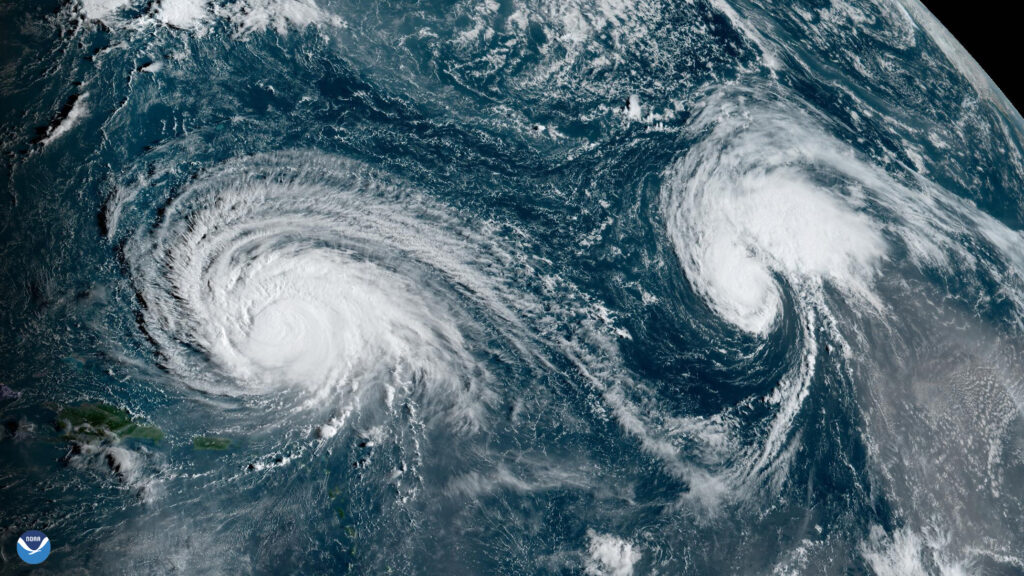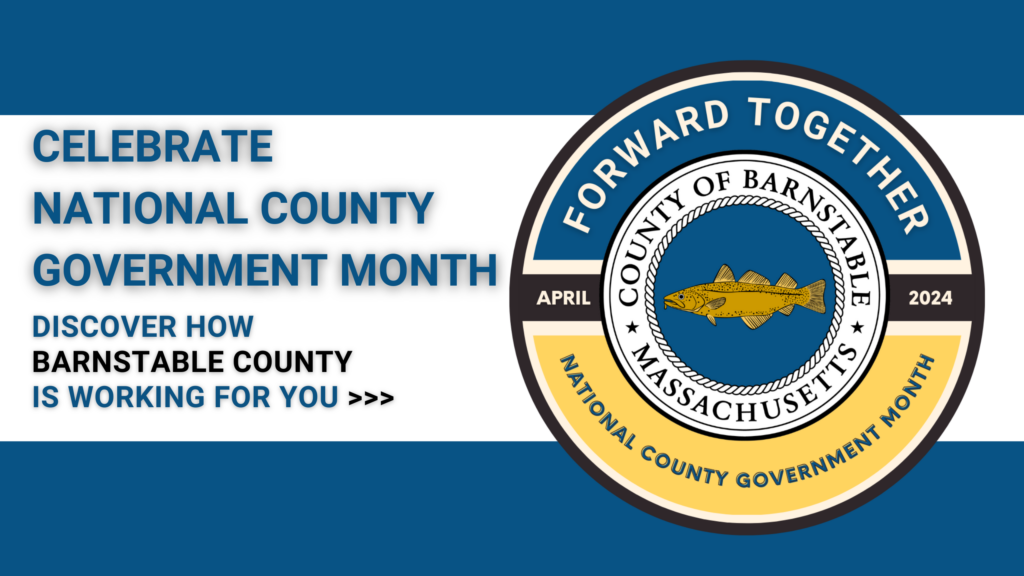
Hurricane Lee a Timely Participant in Emergency Preparedness Month

We’re now into our second week of Emergency Preparedness Month and Hurricane Lee has arrived in the Atlantic to provide a bit of helpful emphasis on our messaging. And while there’s still too much uncertainty in the forecast to make any statements about Lee’s potential impacts on our area, we hope the thought exercise alone is enough to give our community a bit of pep its preparedness step.
If we imagine–emphasis on imagine–that Lee or another hurricane was on track to cause significant impacts in our area, here are the top five preparedness tasks we’d recommend for our Cape Cod communities:
Make a Plan with your Family
Be sure you know the answers to the following questions: Where will you go? How will you get there? What will you take? Will you shelter in place? If you decide to leave your home, do you know where to access the closest regional shelter? Be sure to consider pets and elderly or family members with access & functional needs (AFN). Here are some helpful resources:
- Make a Family Emergency Plan | Mass.gov
- Consider Everyone’s Needs | Mass.gov
- Barnstable County Regional Shelter Map
Build an Emergency Kit
Again, consider elderly family members and/or neighbors with special needs (mobility needs, mental health challenges, hearing or vision impairments, oxygen requirements, language/communications limitations, etc.) as well as pets (not just dogs and cats – consider hamsters, bunnies, fish, birds, and other animals that need care either while you are away, or when you take them with you).
- Build an Emergency Kit | Mass.gov
- Copies of your essential documents are an important part of your kit! Make your Emergency Financial First Aid Kit (EFFAK) EFFAK Toolkit (fema.gov)
Think about Your Medications
Have you renewed your prescriptions lately? Take a look and address anything that might be running low. You should have at least two weeks of over the counter and prescription medication at the ready. What about items for special medical needs like extra batteries for hearing aids, an epinephrine auto-injector, glasses, contact lenses, or syringes? These are all important considerations.
- Medications in an emergency kit | Ready.gov
- Ready Emergency Supply List
- People with Disabilities | Ready.gov
Be informed, receive emergency alerts, and be wary of scammers!
Receive emergency alerts and weather warnings with Wireless Emergency Alerts, the Emergency Alert System, and other systems. Know the tools that are available to you!
- The following link includes several different ways to receive information during an emergency. Be sure to click through the list of different options. For example, did you know about the 2-1-1 hotline? You can call this number for information about open shelters, transportation, or critical health and human services programs. Be Informed and Receive Emergency Alerts | Mass.gov
- If you lose power, it’s important to report the outage to your service provider (even if you’re certain your neighbors have already done so).
- National Grid: Report an outage at (800) 465-1212; for gas emergencies call (800) 233-5325 or 911.
- Eversource: Report an outage to (800) 592-2000; Get text or phone alerts at Power Outage Text Alerts | Eversource. To report downed power lines, call 911.
- Be on the lookout for scammers who use weather emergencies to cheat people! Read this article for more info.: Dealing with Weather Emergencies | Consumer Advice (ftc.gov)
Know your flood risk!
Storms, flooding, and erosion can damage coastal property and affect valued beaches, dunes, and habitats. It’s important to evaluate these threats and what you can do to protect your property and community.
- Massachusetts Sea Level Rise and Coastal Flooding Viewer | Mass.gov
- Coastal Processes – Flood & Erosion – Barnstable County (capecod.gov)
Again, it’s too early to know whether Lee will have any significant impacts on our region. The BCREPC is closely monitoring Lee’s track and will provide updates if and when necessary. In the meantime, we encourage the public to participate in a “preparedness drill” of sorts, to be ready for any weather emergencies or other hazards. Readiness and resilience go hand in hand!



